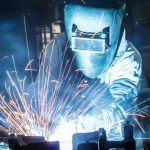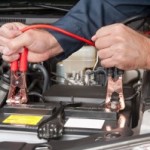The versatility and low cost of plastics make them a smart choice for a variety of manufacturing applications. Products and parts that are expensive, heavy and time-consuming to produce from metal or ceramics can be quickly and easily mass produced from plastic. Furthermore, the finished product is usually easily recyclable. In order to optimise the plastic injection moulding process for maximum efficiency and quality, much skill and experience is required.
Polymer Selection
Most thermoplastics—the plastic material that liquefies to fill a mould and solidifies to create a finished product—are made of a blend of polymers, meaning multiple types of plastics are melted into one. Engineers and mould workers select different polymers based on the needs of the finished product. Different characteristics to be considered include the product’s flexibility, weight resistance, heat resistance and colour.
System Monitoring
While the plastic injection moulding process may seem to produce identical parts indefinitely, any moulding system requires monitoring and oversight to maintain consistent and efficient operation. Expert machinists closely monitor temperature levels (of both the liquid polymer and the mould), pressure levels and material flow speeds to keep machines running smoothly. A lack of adequate monitoring leads to common problems with the finished products such as material shrinkage and inconsistent thickness throughout the filled mould.
The Drying Process
The drying process is not always included in plastic injection moulding, but it is essential for certain types of materials. Hygroscopic plastics, such as nylon and polycarbonate/acrylonitrile butadiene styrene (PC/ABS), are common types of plastics that need to be specially dried to retain the correct composition and texture for optimal use. In situations such as these, manufacturing facilities use specially-designed humidifiers to dry the material after the moulding process. Inconsistent drying temperatures and processes can lead to the plastic material cracking or shrinking during the drying process.
With over 45 years of dedicated experience, Chess Plastics brings the expertise you need to create plastic moulded products and components at the highest grade of quality. Visit Chessplastics.co to see their state-of-the-art injection moulding equipment and processes.








